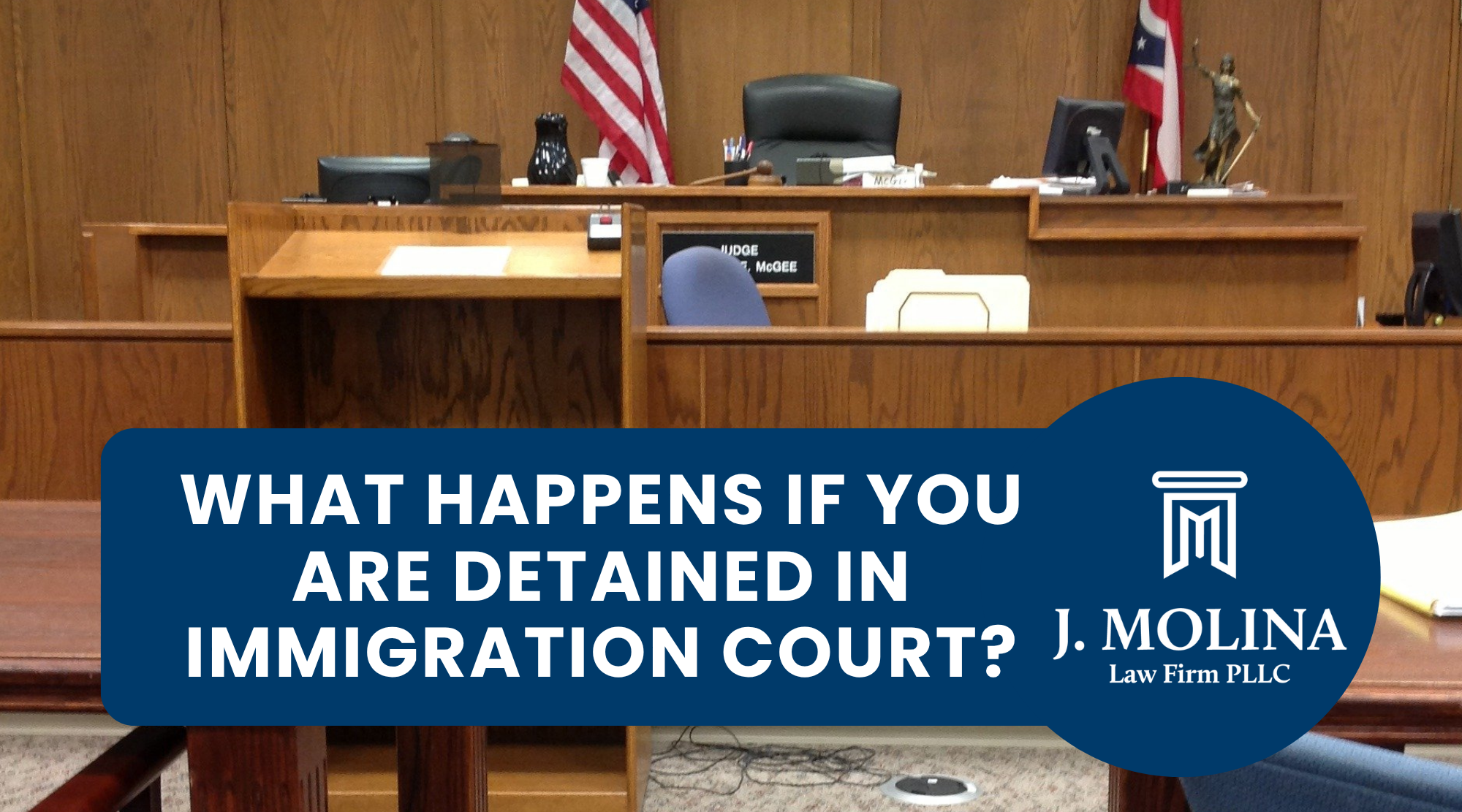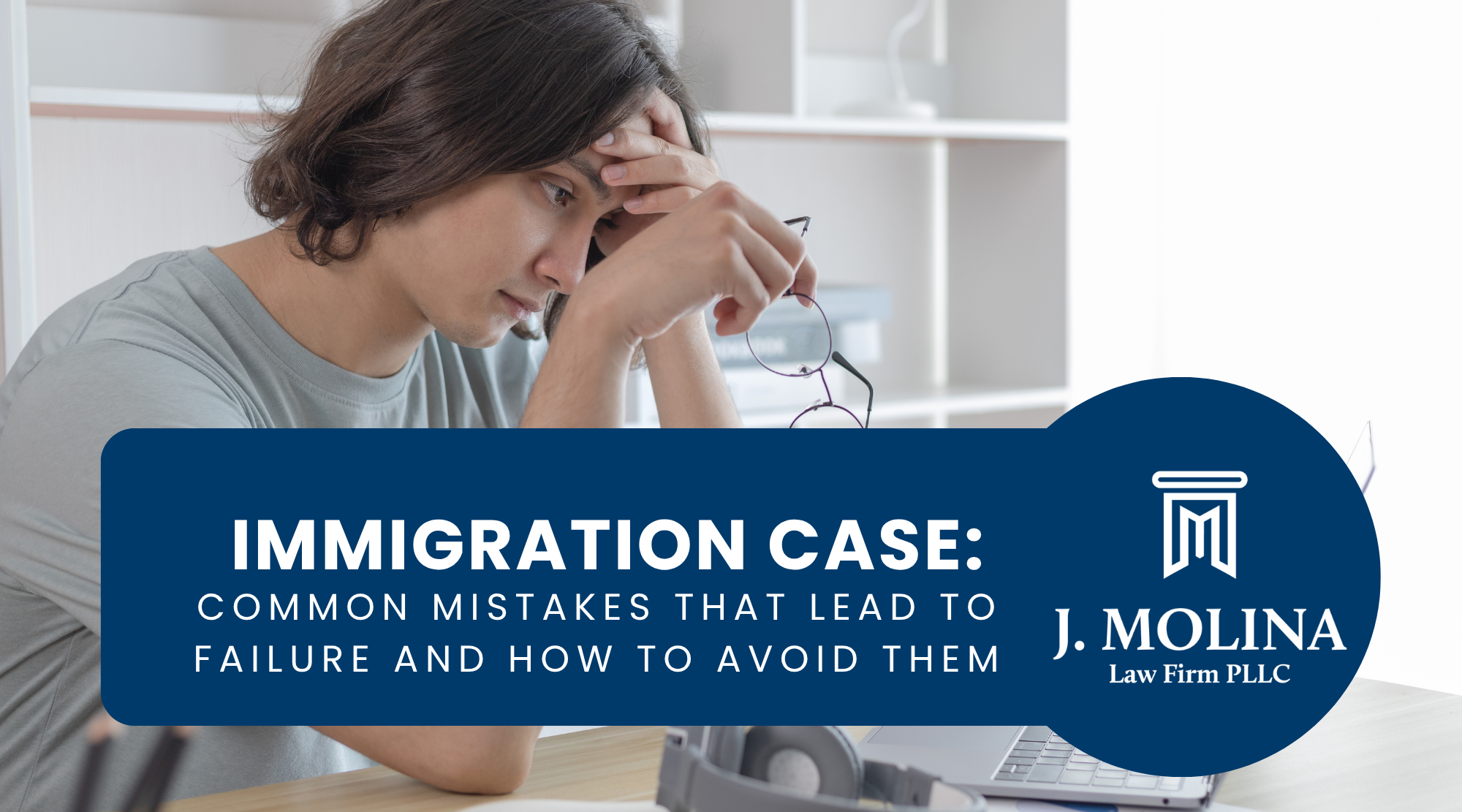Being detained in immigration court can be a frightening and confusing experience. Unlike criminal court, immigration court doesn’t provide a public defender, and the process can move quickly. In this blog, we’ll walk you through what to expect and how to protect yourself or a loved one with the right legal support.
What Is Immigration Court?
Immigration courts are civil courts under the Department of Justice. Their main job is to decide whether someone can stay in the U.S. legally or must be removed (deported). Although it’s not a criminal process, the consequences—like being separated from your family—can be just as serious.
Why Might You Be Detained in Court?
Although it’s more common for people to be detained by ICE at home, work, or during a routine check-in, it’s also possible to be detained during or after a court hearing. This can happen if:
- You have a prior deportation order.
- The judge or ICE believes you are a “flight risk” or a danger to the community.
- You missed previous immigration appointments or failed to comply with immigration conditions.
If ICE is present in the courtroom, they may arrest you inside or outside the court building.
What Happens After You’re Detained?
Once detained, you are usually transferred to an immigration detention center. ICE will decide whether to keep you in custody or allow you to request immigration bond to be released while your case moves forward.
Your attorney can request a bond hearing, where an immigration judge decides whether you qualify for release and sets a bond amount. The judge will consider your criminal history, immigration background, and ties to the community.
Your Rights While in Detention
Even if you are detained, you still have rights:
- The right to an attorney (but the government won’t provide one for free).
- The right to remain silent and not answer ICE questions without a lawyer.
- The right to a fair hearing before an immigration judge.
- The right to contact your consulate and family.
Do not sign anything without understanding it—some documents may include a voluntary deportation agreement. Always speak with a lawyer first.
What Can You or Your Family Do?
- Act quickly: Contact an immigration attorney as soon as possible.
- Gather documents: Identification, passports, proof of family ties, school records, and community involvement can help your defense.
- Share your A-number: Make sure your family knows your “A Number” so they can locate you and help you get legal support.
Don’t Go Through This Alone
If you or a loved one has been detained in immigration court, J. Molina Law Firm is here to help. We understand the urgency of these situations and are committed to fighting for your rights.
Call us today for a confidential consultation. Your future deserves strong legal protection.



